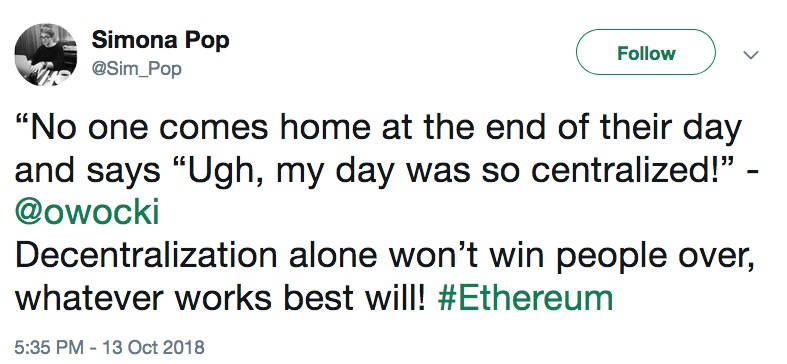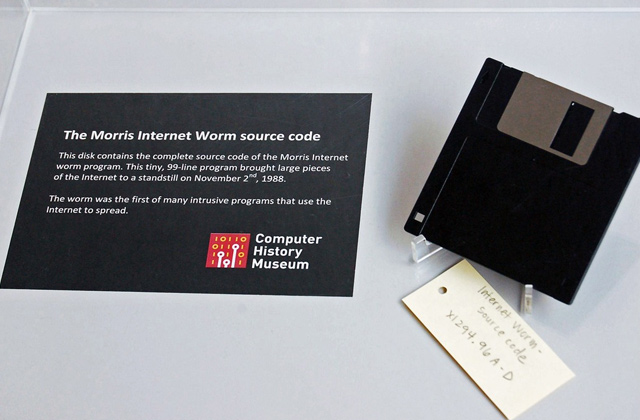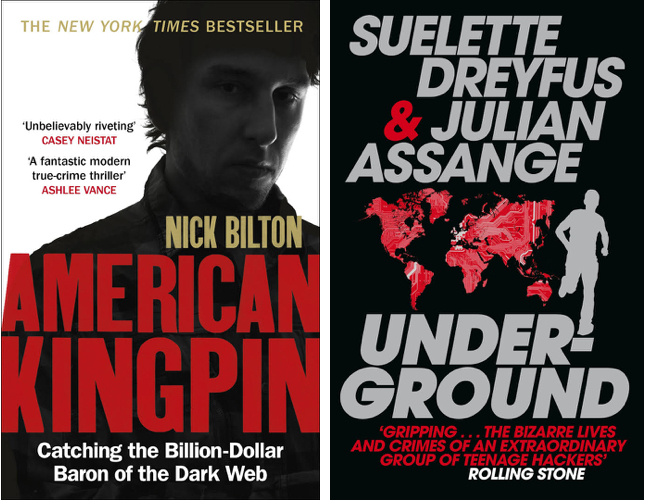The Dispossesed is a sci-fi novel about an anarchist society formed on the imaginary planet of Anarres. The society has been founded after an anarchist revolution in Urras, which led its government to send the anarchists to an uninhabited Anarres to establish the society of their dreams. The story is told from the point of view of Shevek, who is a physicist in Anarres and visits Urras for furthering his research and collaborating with the scientists there.
The novel is a great exploration of how a society founded in anarchist ideals could actually function. The stark contrast from our established ideas of property, nation-states, marriage, etc. are very interesting and lay bare many assumptions which we make about how a society should be organized.
Below are just some of the ideas which I found quite interesting in the book:
1. The idea of Property
“Oiie was an ethical man, but his private insecurities, his anxieties as a property owner, made him cling to rigid notions of law and order. ”
“I have something they want,” he said. “An idea. A scientific theory. I came here from Anarres because I thought that here I could do the work and publish it. I didn’t understand that here an idea is a property of the State. I don’t work for a State. I can’t take the money and the things they give me. I want to get out”
Anarres being an anarchist didn't have any idea of property. People lived in syndicates, did the work they were assigned by PDC (Production and Distribution Coordination). Hence, Shevek is appalled by the idea of state owning property. Since there is no idea of property, there is also nothing called money in Anarres.
Interestingly, different countries in today's world have different attitudes to property. Property is one of the central pieces of the American legal system and is considered an unalienable right.
From Property Rights in American History
Americans have long esteemed private property and economic opportunity.
Well before the formation of the United States the colonists enjoyed widespread ownership of land and were increasingly receptive to an emerging free market economy based on private contracts.
While in India, the Right to Property is not a fundamental right. By the 44th Amendment Act of 1978, Right to Property was removed from our Fundamental Rights and was made a Legal Right. It expanded the power of the state to appropriate property for social welfare purposes.
Locke argues that
Individuals can acquire full property rights over moveable and nonmoveable parts of the earth in a state of nature, absent government. Our natural rights include the right legitimately to acquire property, and any government must respect natural rights including rights to property.
It is quite interesting to see that though most of us consider right to property as our unquestionable right, the legal foundations of it are quite intricate and vary from one nation to another.
2. Is centralization inevitable?
“you can’t have a nervous system without at least a ganglion, and preferably a brain. There had to be a center. The computers that coordinated the administration of things, the division of labor, and the distribution of goods, and the central federatives of most of the work syndicates, were in Abbenay, right from the start. And from the start the Settlers were aware that that unavoidable centralization was a lasting threat, to be countered by lasting vigilance.”
Although Anarres society was envisaged to be a decentralised one, organizations for coordination and communication had been instituted. For example, PDC coordinated all the production and distribution mechanisms. There were also institutes like Central Institute of Sciences which controlled most of research and publication.
The key question this raises is:
Is complete decentralization ever posssible or any decentralised organization will develop centers of authority/influence which will control the independent bodies. Is centralization inevitable and the only way to counter it is with being vigilant about such accumulation of power? But if such centralization of power comes about, will these centres want to lose power to enable decentralization?
3. Is "time" just a manifestation of consciousness?
“It is only in consciousness, it seems, that we experience time at all. A little baby has no time; he can’t distance himself from the past and understand how it relates to his present, or plan how his present might relate to his future. He does not know time passes; he does not understand death. The unconscious mind of the adult is like that still. In a dream there is no time, and succession is all changed about, and cause and effect are all mixed together. In myth and legend there is no time.”
This is a deep philosophical question on the existence of time - Does time really exist? At least physics doesn't agree with it and time is just considered a perception from our existence in the space-time continuum.
4. The survival of the fittest for a social animal?
“The law of evolution is that the strongest survives!”
“Yes, and the strongest, in the existence of any social species, are those who are most social. In human terms, most ethical. You see, we have neither prey nor enemy, on Anarres. We have only one another. There is no strength to be gained from hurting one another. Only weakness.”
The laws of evolution suggest that the strongest survive. Though recent research on biology has suggested that evolution doesn't care about the survival of the individual - but that of the gene pool(more technically, genome). Sapolsky has a great set of lectures on Human Behavioural Biology where he argues how human behaviours and customs have emerged to accomplish this goal.



 The floppy disk with the source code of the Morris worm is now kept in the Boston Museum of Science
The floppy disk with the source code of the Morris worm is now kept in the Boston Museum of Science Books: American Kingpin and Underground
Books: American Kingpin and Underground